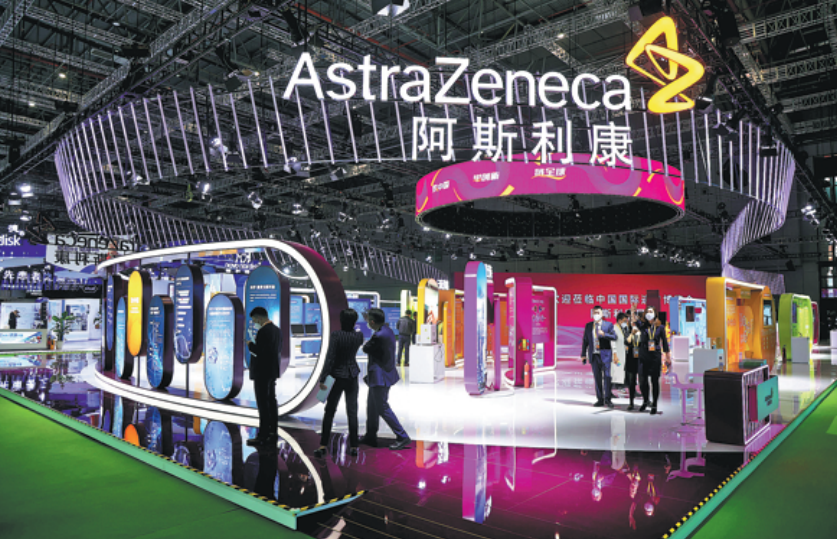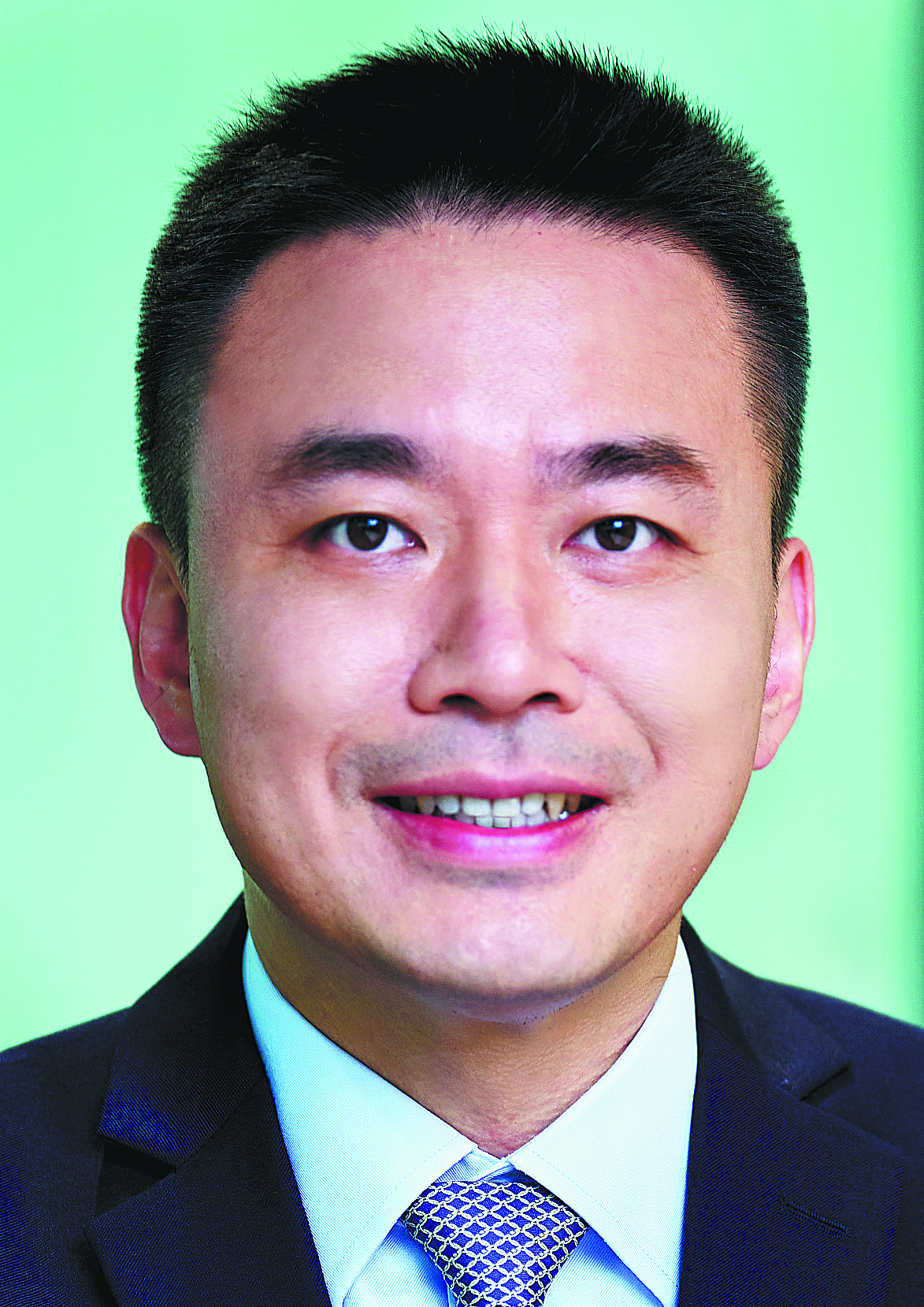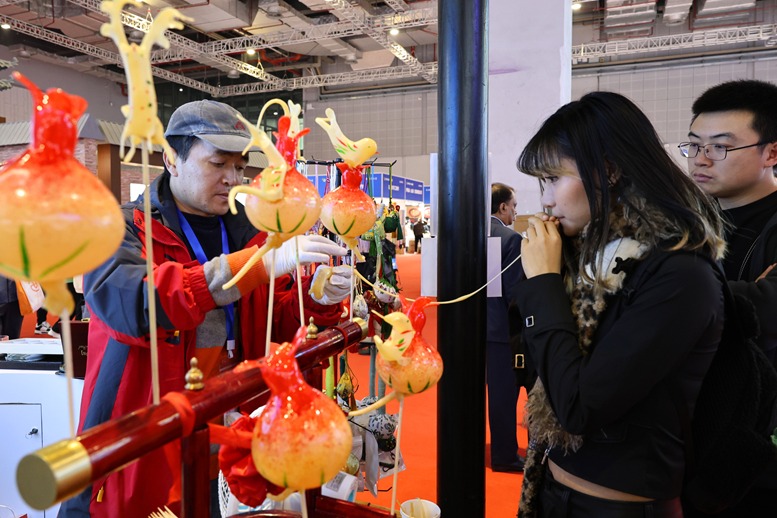Optimized policies boost AstraZeneca's confidence


China's resilient and complete supply chain provides a strong basis for multinational companies to expand their presence in the country, said a senior executive of AstraZeneca, a United Kingdom-based global pharmaceutical company, underlining its ongoing commitment to scale up investment and enhance local production in China.
"The Chinese economy maintained its momentum for steady recovery and growth, and its supersized market represents a significant opportunity for AstraZeneca," said Lin Xiao, vice-president of the company's China branch, during an exclusive interview with China Daily.

In particular, China recently rolled out a package of policies further optimizing the business climate for foreign-invested enterprises and attracting more foreign investment, with a focus on expediting projects in the biomedical sector, greatly boosting the confidence of AstraZeneca toward the country's market outlook, manufacturing capability and innovation strength, Lin added.
In the company's most recent moves, Lin noted that AstraZeneca established a new production and supply base for an asthma inhaler in Qingdao, East China's Shandong province, in March, with an initial investment of $450 million, adding that in August, it invested an additional $250 million to further expand its capacity for canning production and aerosol inhalation packaging production.
Shandong's innovation capacity and regional competitiveness have increased significantly over the past few years. Along with its geological advantages and open and inclusive investment environment, the province is laying favorable conditions for the development of the biomedical industry, he said.
As the company's regional headquarters project and a key link in its global pharmaceutical supply chain, the factory will build an industrial ecosystem system with core competitiveness to draw more upstream and downstream companies to leverage their collective expertise and resources, Lin said.
Furthermore, the company will beef up cooperation with the local government to set up innovation centers, innovation parks and industrial funds. It will also partner with enterprises, universities, research institutes, hospitals and investment partners to foster a regional health innovation ecosystem, Lin said.
Lin stressed that such multidimensional collaboration will help drive healthcare innovation, improve patient care and strengthen the overall healthcare landscape in China.
AstraZeneca has been developing in China for 30 years, constantly increasing investment and building an efficient supply network, Lin said, noting that last year, AstraZeneca added a new production line in Taizhou, East China's Jiangsu province, with an expected annual output value of over 10 billion yuan ($1.37 billion), which will help turn the city into a global manufacturing base for AstraZeneca's diabetes products.
The Taizhou base, along with another in Jiangsu's Wuxi, supplies world-class quality drugs to nearly 80 countries and regions, allowing made-in-China products to benefit patients around the globe, according to the company.
By expanding research and development and manufacturing capacities, the company aims to better serve Chinese patients, contribute to healthcare advancements and foster economic growth. AstraZeneca's plans align with China's goals of promoting innovation, improving access to quality healthcare and supporting the well-being of its population, Lin said.
In addition, the company is committed to working closely with healthcare stakeholders in the Guangdong-Hong Kong-Macao Greater Bay Area for the rapid introduction of new drugs, in a bid to address unmet medical needs, improve patient outcomes and support China's healthcare system, Lin added.
Hong Kong and Macao walk in step with the rest of the globe in terms of early usage of certain drugs for curing cancer and rare diseases. Meanwhile, the company can introduce drugs and medical devices used in Hong Kong and Macao public hospitals for urgent clinical use to certain hospitals in Guangdong province on a trial basis.
As a growing number of public medical institutions are now joining the pilot program, the Greater Bay Area could become an important bridge for bringing in new medicines and offering them to more patients in the rest of the country, Lin said.




































